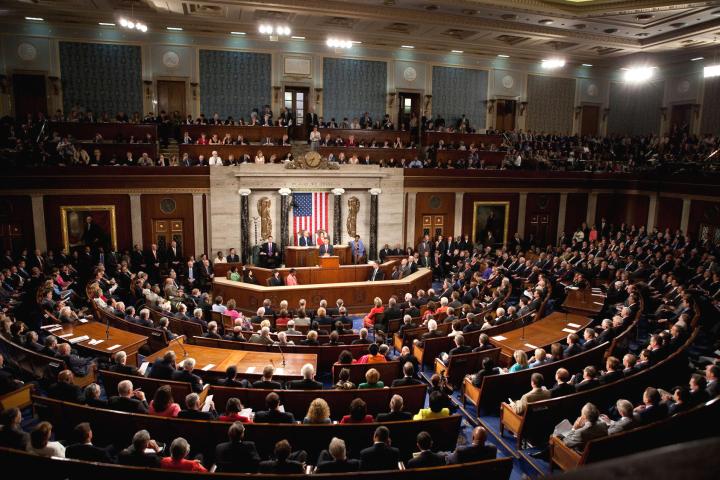
In the light of ongoing hacks of customer data, including massive amounts of consumer information and credit card numbers being stolen from Home Depot, Target, and Anthem, among others, the House passed the new bill in a 307-116 vote with bipartisan support. The bill’s intention is to help network operators address and defend against attacks in a quicker and easier way. Privacy advocates with the Electronic Frontier Foundation say it’s a kludge of two bills the group has long opposed — and mix of the two remains fatally flawed.
“These bills are … surveillance bills in disguise.”
The fear is that the bill would make it possible for companies to monitor users and share their information more readily with government officials as opposed to protecting the information. Others fear how the government may use information after it is gathered in the wake of a threat. Lawmakers say it’s a necessary step that creates tools businesses and government agencies need to protect people.
“Our bill will ensure that we have the tools to address these attacks by enabling voluntary information sharing of cyber threats between and among the private and public sectors,” California democrat Rep. Adam Schiff said in a statement.
Related: Congress rallies for repeal of the FCC’s Net neutrality rules, as the lawsuits pour in
For the network operators, the bill would help address fears of legal repercussions for sharing potentially sensitive information that may be helpful in stopping a threat. Privacy advocates see it as a revolving door between these private services and the government, allowing data that should be protected to be shared freely.
The push for the legislation is surprising, as the House has been heavily divided on most issues in recent years. To find bipartisan support to pass the bill indicates an interest in taking action on the issue. Many hope that the action is not overreaching, especially in the wake of the Sony hack.


